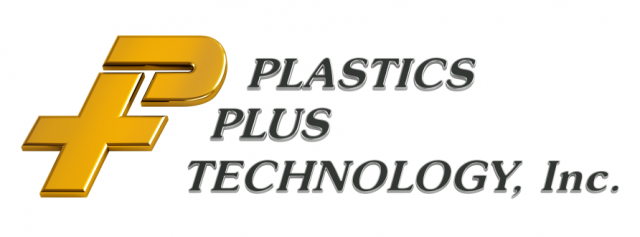PC/ABS (Polycarbonate/Acrylonitrile Butadiene Styrene)
PC/ABS (Polycarbonate/Acrylonitrile Butadiene Styrene) is a commonly used thermoplastic material in injection molding. It combines the strength, rigidity, and heat resistance of polycarbonate with the impact resistance and toughness of ABS. This blend of properties makes PC/ABS a popular choice for a wide range of applications, including automotive parts, electronics housings, and consumer goods. PC/ABS is also known for its good dimensional stability, making it ideal for applications requiring tight tolerances. Additionally, it is easy to process, has good flow characteristics, and is resistant to a range of chemicals, making it a versatile material for many different manufacturing applications.
💡 Parts made with PC/ABS include
- Automotive parts: PC/ABS is widely used in the automotive industry to manufacture parts such as bumpers, dashboards, and door panels due to its high impact resistance and toughness.
- Electronics housings: Its good dimensional stability and resistance to a range of chemicals make it an ideal material for the production of electronic enclosures and housings.
- Consumer goods: PC/ABS is used in the manufacture of many consumer goods, such as toys, small appliances, and sports equipment, due to its combination of strength, rigidity, and impact resistance.
- Medical devices: Its good flow characteristics, sterilizability, and dimensional stability make PC/ABS an ideal material for the production of medical devices, such as diagnostic instruments and surgical instruments.
- Business equipment: The high strength and rigidity of PC/ABS make it a popular choice for the production of business equipment, such as office machines and calculators.
💡 PC/ABS has several processing characteristics including:
- Good flow characteristics: PC/ABS has good flow characteristics, which allows it to fill the mold cavity evenly and completely, reducing the risk of voids and improving the surface finish of the finished part.
- Good dimensional stability: PC/ABS has good dimensional stability, meaning it maintains its shape and size even when subjected to temperature changes and stress. This makes it ideal for applications requiring tight tolerances.
- Easy processing: PC/ABS is relatively easy to process compared to some other thermoplastics, making it a popular choice for a wide range of applications. It is also compatible with a wide range of processing techniques, including injection molding, blow molding, and thermoforming.
- Resistant to a range of chemicals: PC/ABS is resistant to a range of chemicals, including fuels, oils, and solvents, making it ideal for applications where chemical exposure is a concern.
- Good surface finish: PC/ABS has a good surface finish, which can be improved by using various post-processing techniques such as polishing and painting.
💡 PC/ABS has the following limitations:
- Cost: PC/ABS is relatively more expensive compared to other thermoplastics, such as ABS or polycarbonate. This can make it less cost-effective for some applications.
- Vulnerability to UV light: PC/ABS is vulnerable to degradation when exposed to UV light for extended periods, causing yellowing and loss of mechanical properties. To overcome this limitation, UV stabilizers can be added to the material.
- Limited heat resistance: While PC/ABS has a relatively high heat resistance compared to other thermoplastics, it has a limited temperature range and may become brittle and crack under extreme heat exposure.
- Shrinkage: Like all thermoplastics, PC/ABS can shrink during the cooling phase of injection molding, which can cause dimensional inaccuracies if not accounted for in the mold design.
- Warping: PC/ABS can exhibit warping when subjected to temperature changes, which can affect the dimensional stability of the finished part.
- Menu
- About Us
- Social Media
- Contact Us
Under construction. Check back later
Plastics Plus Technology is a woman-owned, USA contract manufacturer based in sunny Southern California. Our custom injection molding and value-added services can provide you with a one-stop job shop for all your injection molding needs.
ISO 9001:2015, ISO 13485:2016 Certified. FDA Registered. Good Manufacturing Practices (GMPs). WBENC.
